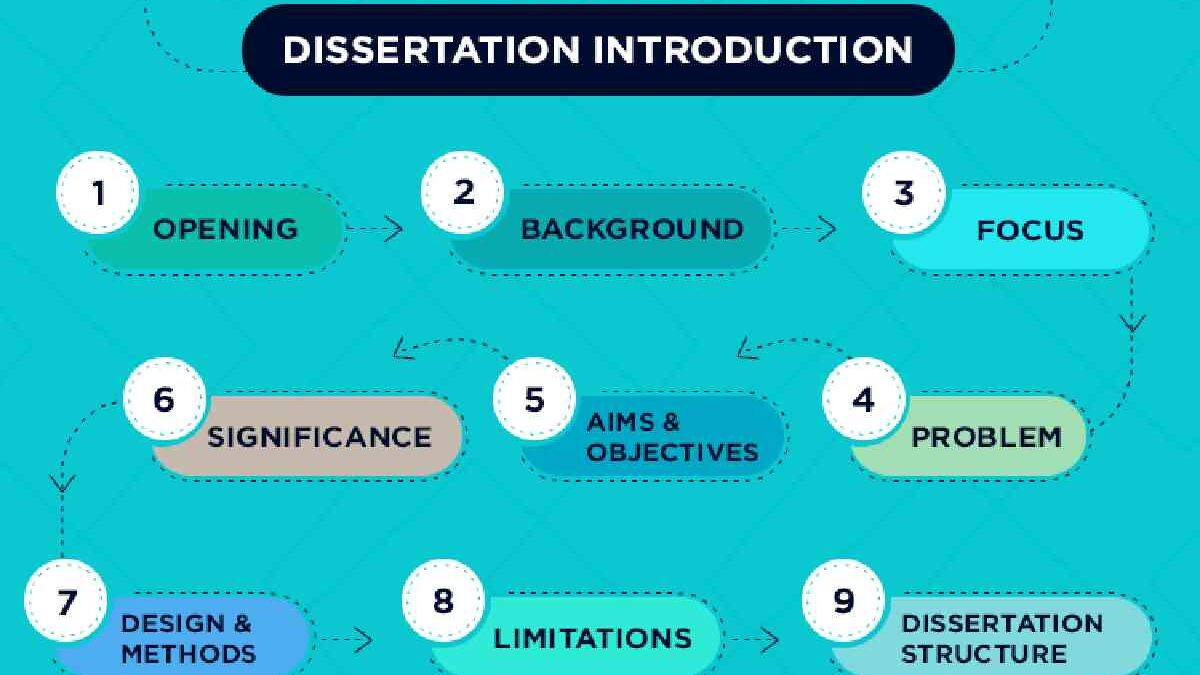Table of Contents
How to Write a Dissertation?
How to Write a Dissertation? – Writing a dissertation might sound like a big, complicated task, but it’s really just a long research paper that shows what you’ve learned about a topic. It’s like a school project, but with more steps and deeper thinking. This guide will break it down into easy steps so you can understand how to create a dissertation with confidence, even as a 9th grader. Don’t worry—it’s all about planning, researching, writing, and checking your work!
Step 1: Pick an Interesting Topic
The first step is choosing a topic you care about. It should be something you’re curious about and want to learn more about, but it also needs to be something you can study with the resources you have (like books, websites, or people you can talk to). For example, if you love animals, you could research how to protect endangered species. Start by reading about your topic to find out what’s already known and where there are gaps you can explore. Turn your topic into a clear question, like “How can we help save endangered animals?” This question will guide your whole project.
Step 2: Plan and Organize
A dissertation takes time, so you need a plan to stay on track. Break the project into smaller parts, like researching, writing, and revising, and give yourself deadlines for each part. For example, you might decide to finish your research in two weeks and write your first draft in another two weeks. Make a simple outline of your dissertation, like this:
- Introduction (what your project is about)
- Main sections (your research and findings)
- Conclusion (what you learned)
Planning helps you stay organized and not feel overwhelmed. Also, make sure to take breaks and get enough sleep to keep your brain sharp!
Step 3: Do Your Research
Research is when you gather information to answer your question. Use books, articles, trusted websites, or even interviews to learn more about your topic. For example, if you’re studying endangered animals, you might read about conservation programs or watch a documentary. Take notes and keep track of where you found your information so you can give credit to your sources later. Be curious and open to new ideas, but stay focused on your question. If you get stuck, ask a teacher or librarian for help finding good sources.
Step 4: Write Your Dissertation
Now it’s time to write! Start with a rough draft, where you put your ideas into words. Follow your outline to stay organized. Here’s how to structure it:
- Introduction: Explain your topic and why it matters. Include your research question.
- Main Sections: Share what you learned from your research. Use facts and examples to back up your points.
- Conclusion: Sum up your findings and explain why they’re important.
Write clearly and use simple words to explain your ideas. Don’t worry if your first draft isn’t perfect—it’s just a start. After writing, read your work again and fix any confusing parts. Ask a teacher, friend, or family member to read it and give feedback to make it even better.
Step 5: Revise and Check Your Work
Revising means improving your writing to make it clear and strong. Read your dissertation out loud to catch mistakes or awkward sentences. Check that your ideas flow smoothly from one to the next. Make sure you’ve answered your research question and included evidence from your research. Also, double-check your spelling and grammar. If you can, share your draft with someone else, like a teacher or classmate, to get their suggestions. Keep revising until you’re happy with your work.
Thoughts
Writing a dissertation is a big job, but it’s also a chance to learn and grow. By picking a topic you like, planning your work, doing careful research, writing clearly, and revising, you can create a project you’re proud of. Don’t be afraid to ask for help from teachers or friends if you need it. Every step you take teaches you skills like thinking critically and solving problems, which will help you in school and beyond. Most importantly, have fun exploring your topic and sharing what you’ve learned!

